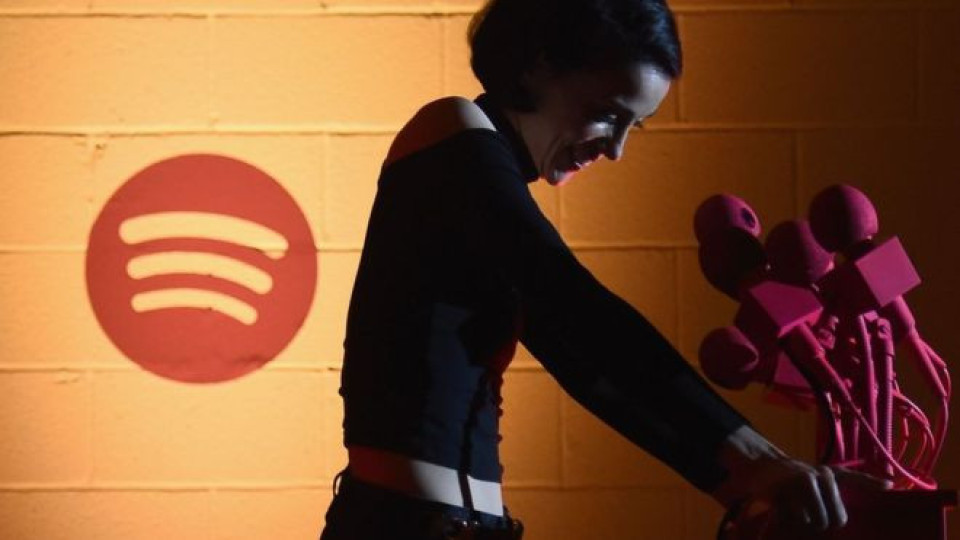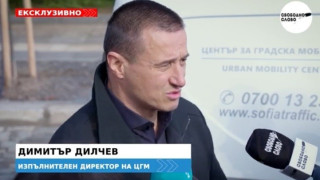
Relatively few of us are looking to recruit staff using ZipRecruiter, start a mailing list with MailChimp, or set up a website with Squarespace.
And yet, if you've been listening to popular podcasts over the past year or more, you'll probably have heard those three companies advertised at you, time and time again.
It's curious: podcasting has been around longer than YouTube, and yet it is still considered an "emerging" medium. This is thanks, in part, to advertising methods that have more in common with the old days of broadcast rather than the new era of the internet. Today, advertising on podcasts is one-size-fits-all, or at best, one-size-fits-many.
That's why Spotify's announcement on Wednesday that it is acquiring two major podcast companies should be considered a big moment in the slow growth of the humble podcast.
Its investment in podcasts will mean Spotify can combine its technologies to a) really help people find more podcasts they will like, and b) insert highly targeted ads on the fly, raising the earning potential for podcasts to the next level.
While growing quickly, ad sales within the US podcasting industry are currently only estimated to be worth around $659m a year by 2020, according to a survey from the Internet Advertising Bureau. For context, the New York Times just announced it alone made $709m from its digital offerings in 2018. Google and Facebook made a combined $50bn in three months.
Audio advertising needs to get smarter if it's to make more money. There have been some efforts to target advertising in podcasts: Panoply, for example, uses data from audience analytics firm Nielsen to better target advertising across its network.
This, however, isn't as granular as it could be - it's taking a (fairly decent) punt on certain shows having certain types of listener, and therefore certain types of interests. Others mostly use geography to tailor ads - giving the UK something different to the US. Or, within the US, offering different tweaks for West Coast and East Coast.
But consider that against what it's like using the rest of the internet, where ads know if you're in the market for a new pair of shoes, and you can see how podcasting is merely scratching the surface.
'Creeped out'
Enter: Spotify. It's already the second biggest podcast platform in the US, despite not really going to that much effort to push it to users within its app.
What's particularly powerful is Spotify's ability to match users with podcasts the same way it does (spookily) well with new music. There are 16,000 different "signals", the company says, that help it do that. Those same signals will mean Spotify bring the earning potential for podcasts to the next level: if you listen to a health and fitness playlist, you're likely to respond well to podcast ads offering fitness gear, perhaps.
But on the other hand, I realise the future I'm describing here sounds rather awful. Imagine having a podcast on in the car, with your friends judging you based on the advertising that is being played out. "If you're suffering from irritable bowel syndrome, you should try..."
And while targeted ads have revolutionised online advertising, it may not be as effective in a podcast, where most successful shows have had to adopt techniques that make the ads almost as enjoyable as the podcast itself.
On political podcast Pod Save America, for example, each episode begins with a minute of riffing between the hosts about ZipRecruiter - the running joke being that a tool for quickly hiring replacement staff members might be of use to a certain President.
This kind of authenticity is a great strength for the medium of podcasting, and any attempt to use automated methods instead could have listeners skipping over them as quickly as possible - or, in Spotify's case, accessing podcasts on a different platform altogether, as suggested by Marco Arment, the creator of podcast listening app Overcast.
"Big podcasters: I hear from your listeners every day that they're creeped out by your location-specific dynamic ads," he tweeted.
"In case there was any doubt, let me assure you: your listeners hate [dynamic advertising insertion]. Keep it up and they'll get annoyed at the entire medium, and then we'll all lose."
In buying Gimlet Media, Spotify will bring on board people who understand this fragile dynamic intimately. Indeed, you can hear about how the Gimlet team grappled with how best to please both advertisers and listeners in early episodes of the first podcast, StartUp.
As it ramps up its podcast business, Spotify can learn lessons from what's worked for advertisers elsewhere. But there is still a lot of uncharted territory here. We simply don't know what listeners will be prepared to put up with. Chief executive Daniel Ek will need to work out how to dial up monetisation, without turning podcasting into commercial radio.
_____
BBC News











Leave a comment